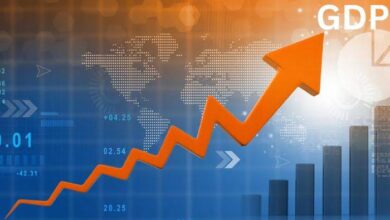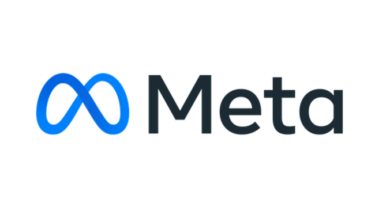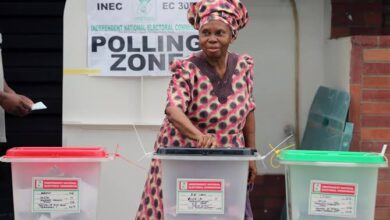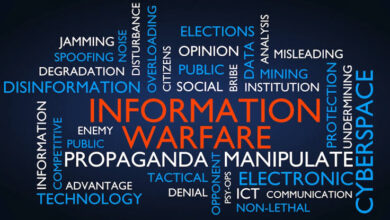Social Media Smarts: Being a Responsible Digital Citizen
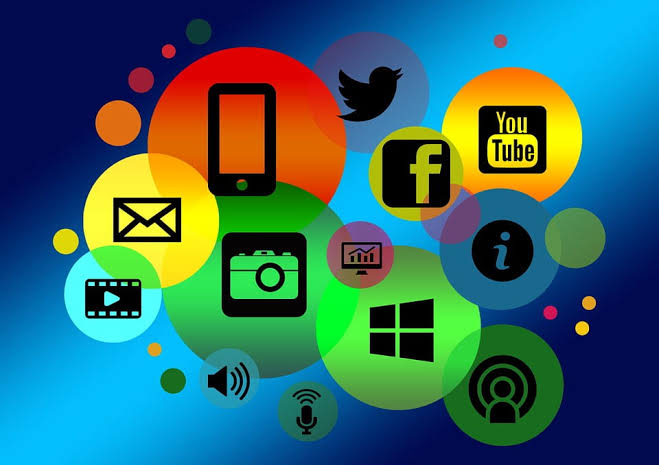
By Sunday Taiwo
In an era where the gap between the digital world and the real world shrinks every day, social media has become the primary conduit for news dissemination, bridging the gap between information and the public. The transformation is evident, with social media shaping our understanding of the world by delivering news 24/7 based on user interactions and choices. As of October 2023, global internet users numbered 5.3 billion, which amounted to 65.7 percent of the global population. Of this total, 4.95 billion, or 61.4 percent of the world’s population, were social media users, a figure expected to reach 5.17 billion in 2024, according to Statista.
According to reports, the average person spends 6 hours and 58 minutes per day on screens connected to the internet, while as of 2022, internet users worldwide spent an average of 151 minutes per day on social media, marking a slight uptick from the previous year’s figure of 147 minutes. This shift underscores the profound impact of social media on the daily online activities of individuals across the continent.
In recent years, Africa’s social media landscape especially, has witnessed a remarkable surge in user numbers, amounting to over 384 million as of 2022. To gain insights into the social media usage across Africa, GeoPoll conducted a survey in August 2023, spanning four countries—Ghana, Kenya, Nigeria, and South Africa—with a sample size of 4,170 participants.
Facebook reigns supreme as Africa’s leading social media platform, boasting 170 million users. According to the survey findings, Facebook emerged as the frontrunner in active user engagement, with an impressive 82% of participants actively utilizing the platform. TikTok followed closely with 60% active user rate. Instagram captured the attention of 54% of participants, highlighting its status as a preferred platform for visual content sharing. Twitter secured a 49% active user percentage, while LinkedIn showcased its prowess in professional networking with a 28% engagement rate. Snapchat maintained a 25% active user base. Platforms such as Pinterest, Threads, and Reddit had slightly lower levels of active users, with 18%, 10%, and 6%, respectively.
You as a Digital Citizen
Much like traditional citizenship, which pertains to individuals belonging to a nation and entails both rights and responsibilities, digital citizenship also carries its own set of responsibilities. A digital citizen is someone who has an identity on the internet, possessing access to digital technology and entitled to rights such as freedom, security, and privacy. Being a digital citizen involves more than just online presence; it demands a commitment to ethical conduct.
As a digital citizen, consider the following responsibilities:
- Information Verification:
- Refrain from sharing false/unverified information.
- Recognize the impact of false information on decision-making.
- Respectful Communication:
- Engage respectfully, even in disagreement.
- Uphold a positive and constructive online discourse.
- Intellectual Property and Privacy:
- Respect the intellectual property rights of others.
- Safeguard personal and private information, avoiding unauthorized disclosures.
- Cybersecurity:
- Avoid unauthorized access to cyber systems.
- Protect logins and passwords to ensure online security.
Empowering Responsible Digital Citizenship
In today’s digital age, information is easily accessible and spreads quickly, but not all information is true or accurate. People often make wrong decisions when they build their actions on wrong information, and these decisions can lead to unintended results. While it is not possible to control the information that is presented through social media, it is possible to be diligent before spreading information.
To empower digital citizens, FactCheckAfrica introduces My AI Factcheck, an AI-powered tool designed to verify news within seconds. The web-based application, available in five languages, employs a curated list of reputable news sources to assess the authenticity of news articles. By cross-referencing source domains, the app distinguishes between credible and non-credible sources, providing users with a reliable assessment. This solution aims to combat the proliferation of fake news in Nigeria and across Africa, promoting a culture of information accuracy and responsible digital citizenship.
In conclusion, as we navigate the ever-expanding digital landscape, embracing social media smarts is crucial. By fulfilling our responsibilities as digital citizens, we contribute to a more informed, respectful, and secure online community.
